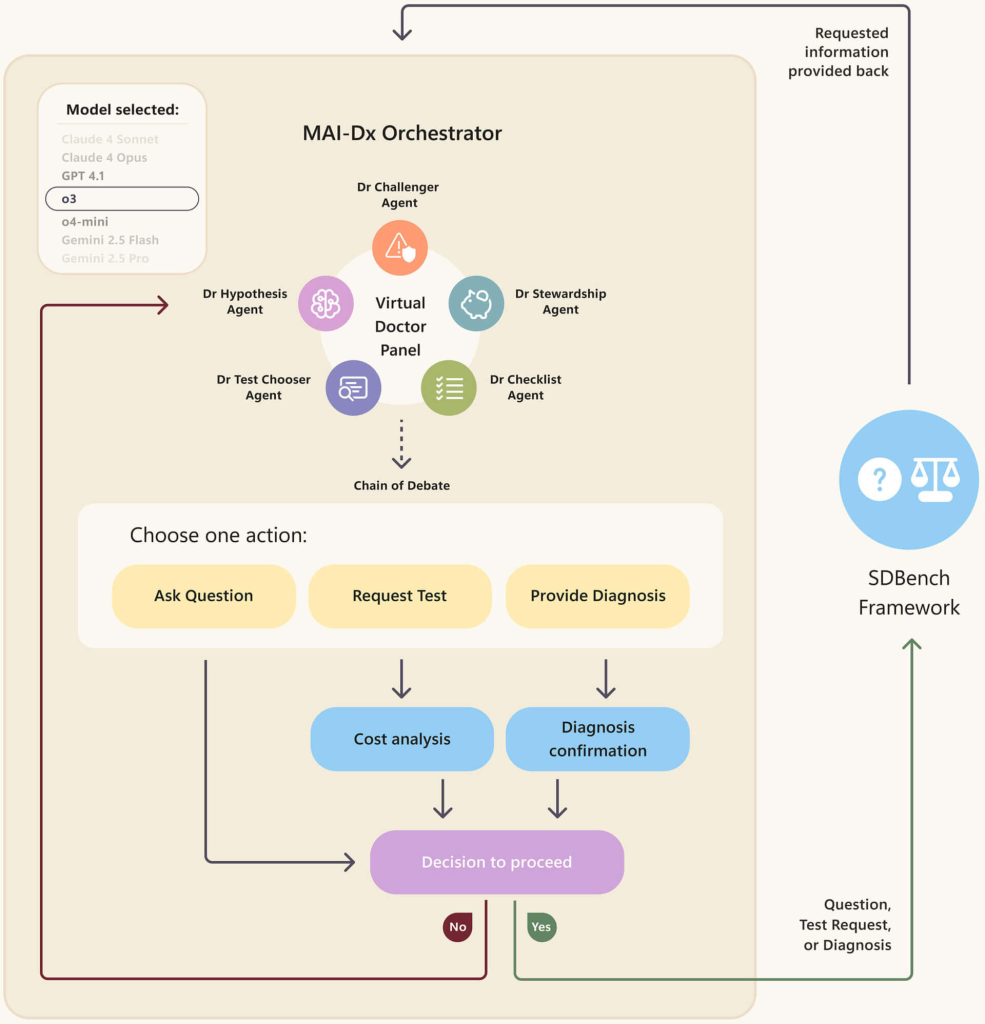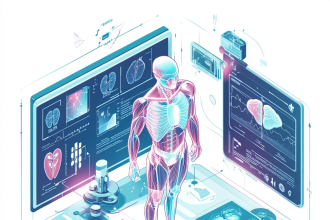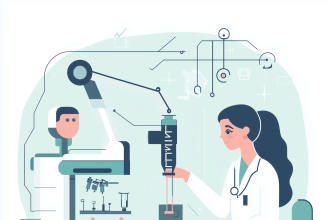As first reported by GeekWire, Microsoft has introduced the MAI-DxO (Microsoft AI Diagnostic Orchestrator), a cutting-edge artificial intelligence tool designed to tackle complex diagnostic challenges. In a head-to-head trial using 304 difficult cases from the New England Journal of Medicine, MAI-DxO achieved an 85.5% diagnostic accuracy rate — vastly outperforming a group of 21 U.S. and U.K. physicians, who correctly diagnosed only 20% of the same cases.
Designed to mimic clinical reasoning and reduce costs
MAI-DxO approaches diagnosis much like a human clinician: it evaluates symptoms, asks questions, and suggests follow-up tests. One of its core advantages is its cost-conscious design, which helps reduce unnecessary diagnostics — a common driver of excess healthcare spending. Microsoft developed the system by integrating various top-tier AI models, with its most effective configuration running on OpenAI’s o3.

Source: microsoft.ai.
Beyond textbook knowledge: real-world diagnostic simulation
Unlike earlier benchmarks that relied on multiple-choice tests like the USMLE, this trial pushed MAI-DxO into the realm of “sequential diagnosis,” a process that mirrors how real physicians reach conclusions through iterative reasoning. Microsoft emphasized that the tool’s superior performance in these realistic scenarios is an indicator of how far AI in medicine has advanced, though it acknowledged that in real practice, doctors work collaboratively and use reference materials, which weren’t available in the test setup.
Not a replacement, but an augmentation
Microsoft leaders including CEO of Microsoft AI, Mustafa Suleyman, and VP of Health, Bay Gross, were clear in their vision: MAI-DxO isn’t meant to replace doctors but to augment them. The AI is positioned as a tool to assist in streamlining clinical workflows, guiding diagnoses, and creating personalized treatment strategies. The next phase will involve validating the system in clinical settings and against more routine medical cases, with regulatory approval required before deployment.
Microsoft’s MAI-DxO sets a new bar in AI-assisted diagnostics, showcasing the ability of advanced models to tackle complex, real-world medical reasoning tasks. As the company works toward clinical integration, its emphasis on responsible, collaborative AI suggests a future where human physicians and intelligent systems work hand in hand to enhance diagnostic accuracy and healthcare efficiency.





